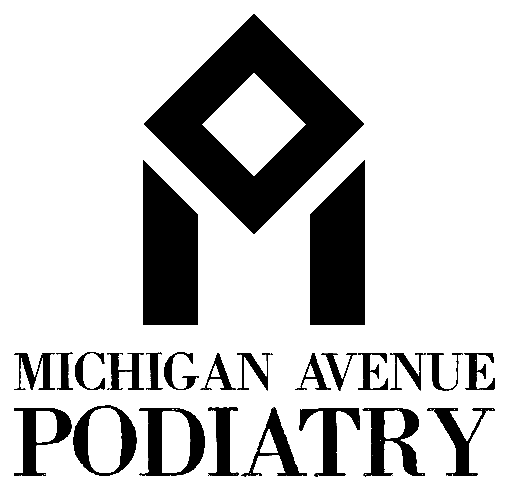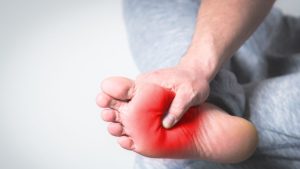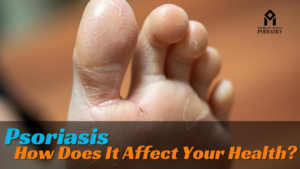Heel pain is a common complaint that can significantly impact daily activities and overall quality of life. Understanding the causes of heel pain is crucial for effective treatment. This blog will explore the most common causes of heel pain and outline effective treatment options, particularly for those living in Illinois, including Chicago, Elmhurst, Tinley Park, Downtown Chicago, and Flossmoor.
Common Causes of Heel Pain
- Plantar Fasciitis
Description:
Plantar fasciitis is the most prevalent cause of heel pain. It occurs when the plantar fascia, a thick band of tissue that runs along the bottom of the foot, becomes inflamed. This condition is often characterized by sharp pain in the heel, especially during the first steps in the morning.
Risk Factors:- Flat feet or high arches
- Obesity
- Prolonged standing or walking
- Inappropriate footwear
- Achilles Tendonitis
Description:
Achilles tendonitis is inflammation of the Achilles tendon, which connects the calf muscles to the heel bone. It can cause pain at the back of the heel, particularly during physical activity.
Risk Factors:- Overuse or sudden increase in physical activity
- Tight calf muscles
- Improper footwear
- Heel Spurs
Description:
Heel spurs are bony growths that develop on the underside of the heel bone. They often accompany plantar fasciitis and can cause pain, particularly during movement.
Risk Factors:- Chronic plantar fasciitis
- Excessive running or walking
- Obesity
- Bursitis
Description:
Bursitis in the heel occurs when the bursa, a small fluid-filled sac that reduces friction, becomes inflamed. This condition can cause pain and swelling at the back of the heel.
Risk Factors:- Repetitive motion or pressure on the heel
- Injury or trauma
- Tarsal Tunnel Syndrome
Description:
Tarsal tunnel syndrome occurs when the posterior tibial nerve is compressed as it passes through the tarsal tunnel, leading to pain, tingling, or numbness in the heel.
Risk Factors:- Flat feet
- Previous injuries
- Stress Fractures
Description:
Stress fractures in the heel can occur due to repetitive impact, especially in athletes or individuals who suddenly increase their activity levels.
Risk Factors:- High-impact sports
- Improper footwear
Effective Treatment Options
- Rest and Ice
What to Do:
Resting the affected foot and applying ice can help reduce inflammation and alleviate pain. Ice should be applied for 15-20 minutes several times a day. - Stretching and Strengthening Exercises
What to Do:
Incorporating specific stretching exercises for the calf and plantar fascia can help relieve tension and improve flexibility. Strengthening exercises can also support the muscles around the heel. - Orthotics and Supportive Footwear
What to Do:
Wearing shoes with proper arch support and cushioning is essential. Custom or over-the-counter orthotic inserts can provide additional support and alleviate pressure on the heel. - Physical Therapy
What to Do:
A physical therapist can create a personalized rehabilitation program to strengthen the foot and improve mobility. They can also offer treatments such as ultrasound therapy or massage. - Medications
What to Do:
Over-the-counter anti-inflammatory medications like ibuprofen or naproxen can help reduce pain and swelling. Always consult a healthcare provider before starting any medication. - Corticosteroid Injections
What to Do:
In cases of severe pain, corticosteroid injections may be recommended by a healthcare provider to reduce inflammation in the affected area. - Surgery
What to Do:
If conservative treatments fail to provide relief after several months, surgical options may be explored. This is typically a last resort for conditions like severe plantar fasciitis or heel spurs.
Conclusion
Heel pain can stem from various causes, but understanding these causes is the first step toward effective treatment. If you’re experiencing persistent heel pain, it’s essential to consult a podiatrist or healthcare provider in Illinois, particularly in areas like Chicago, Elmhurst, Tinley Park, Downtown Chicago, or Flossmoor. They can provide a proper diagnosis and treatment plan tailored to your needs. Don’t let heel pain limit your activities—take proactive steps towards relief today!




